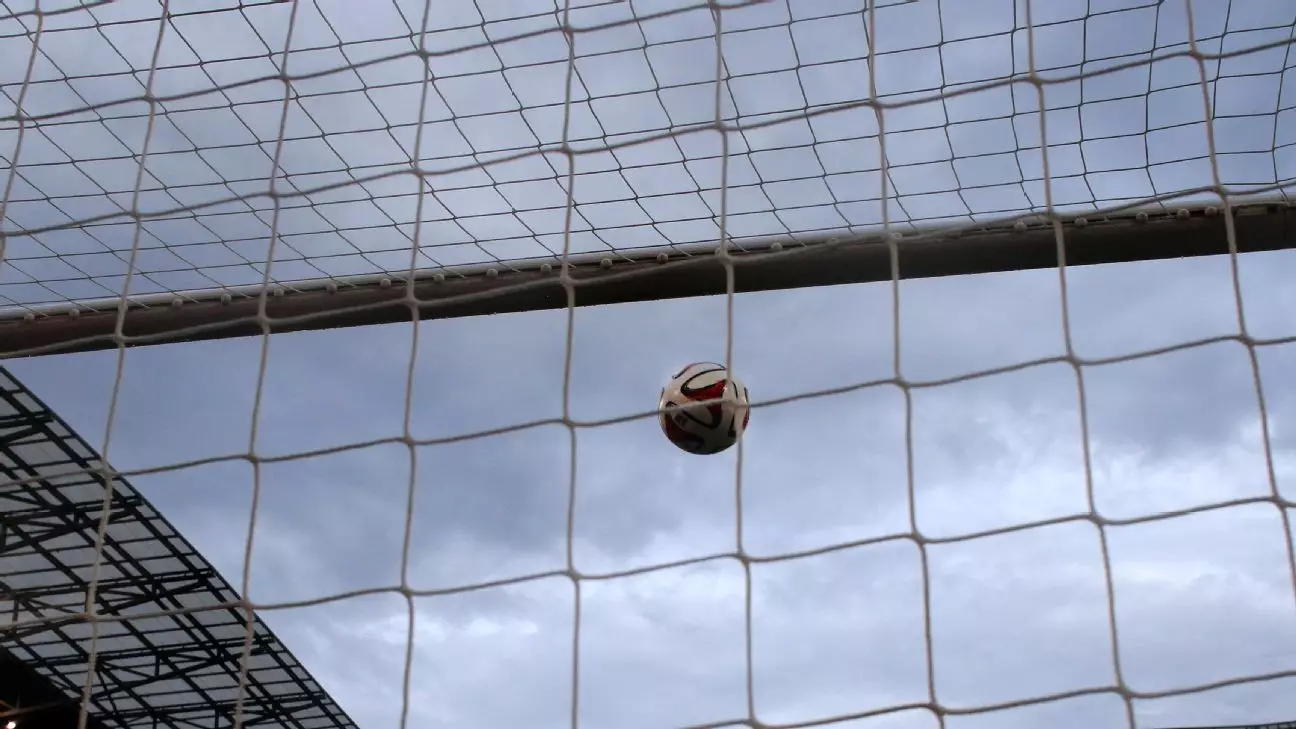In a disheartening episode that underscores the pervasive issue of racism in sports, four members of the River Plate women’s soccer team found themselves at the center of a scandal that led to their arrest during a high-stakes match. The incident unfolded during a semifinal of the Brazil Ladies Cup on December 21, where a moment of apparent racial insensitivity spiraled into chaos, resulting in not only the players’ arrest but also a series of sanctions for the team. A seemingly innocuous match transformed into a spectacle of intolerance, with a spotlight turned on the urgent issue of racism in sports settings, particularly amidst a backdrop of increasing awareness and intolerance for such behavior globally.
After a brief imprisonment that spanned the Christmas holiday, Argentine players Candela Díaz, Camila Duarte, Juana Cángaro, and Milagros Díaz were granted release conditioned on their monthly appearances in court. The abrupt withdrawal from the tournament by their team, coupled with a two-year ban from future participation in the Brazil Ladies Cup, highlights the dire consequences of their actions not just on personal freedom but also on team integrity and reputation. River Plate’s management has echoed a commitment to combating racism, issuing statements of condemnation while pledging to implement appropriate disciplinary measures. The club’s proactive stance is commendable yet raises questions: will these measures be enough to dismantle the deeply rooted issues lying beneath the surface of competitive sports?
Escalating Consequences: Broader Impacts on Sports Culture
The events stemming from this match serve as a stark reminder of the cultural challenges present in sports today. As the world grapples with systemic racism, athletes’ conduct on and off the field becomes a reflective mirror of societal values. The triggering incident, where gestures perceived as racial provocations ignited a violent confrontation, underscores the necessity for immediate and outright responses to discriminatory behavior. Grêmio’s coach has also revealed that the River players allegedly directed derogatory remarks at her team, which further complicates the narrative. How deeply ingrained is this mentality among athletes, and what proactive steps can be taken to unearth and address such indifference?
As sports organizations worldwide amplify their efforts to stamp out racism, it’s essential for federations and clubs to establish strict policies that extend beyond mere paperwork. By fostering an inclusive culture, promoting education, and advocating for accountability, the sports community can work towards eradicating such behavior. The Brazil Ladies Cup’s new rule ensuring immediate bans for any racist gestures is a commendable step that could potentially set a precedent for other tournaments. However, this issue extends far beyond any single incident; it involves an ongoing commitment to change attitudes among players, coaches, and fans alike. The River Plate incident serves as a critical catalyst for thought and discussion, necessitating a unified front against bigotry in all its forms within the sports realm.

